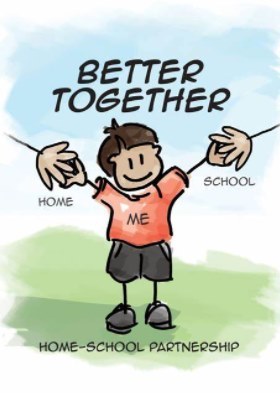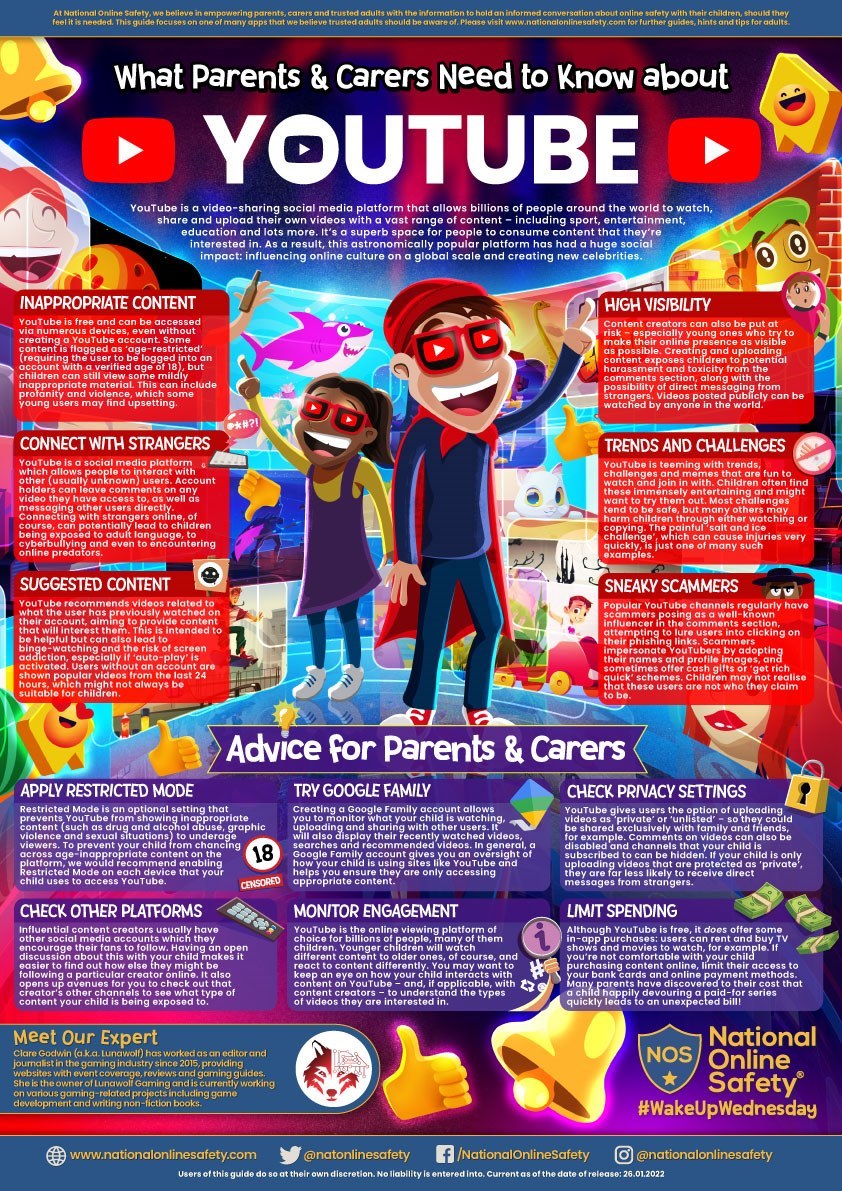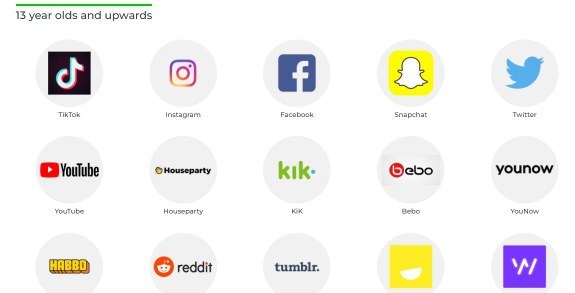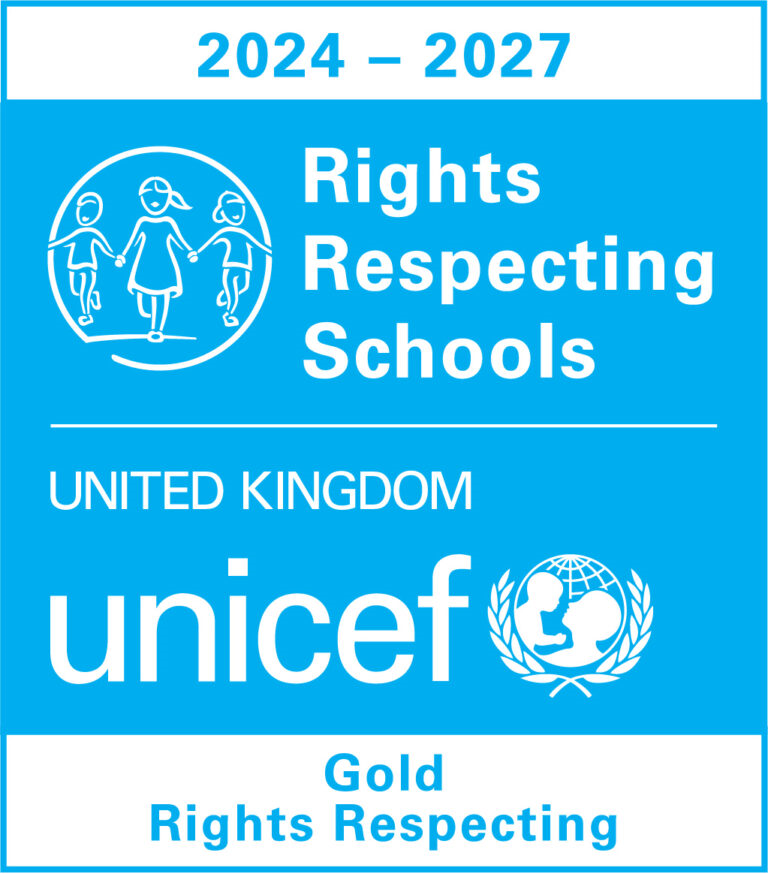Safer Internet Day
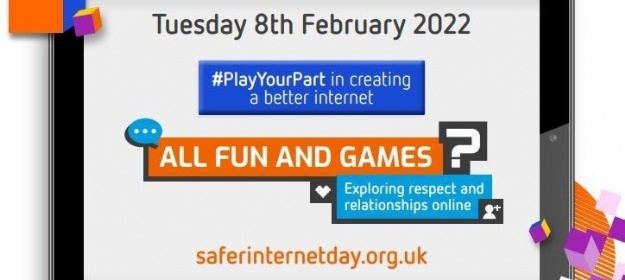
Some useful information about Safer Internet Day. Please click the article for full details.
What Is Safer Internet Day?
- Safer Internet Day is celebrated in over one hundred countries across the world on Tuesday 8th February 2022.
- It is a day for everyone to talk about how to look after each other and stay safe in an online space.
- The theme this year is, ‘All fun and games? Exploring respect and relationships online’.
What Do You Use the Internet For?
- The Internet is an amazing place!
- In our real lives, it provides us with entertainment, allows us to communicate and helps us learn new things.
Who Can Use the Internet?
- Many people across the world use the Internet every day for work, school or for fun.
- In January 2021, about 4.66 billion (4,660,000,000) people were using the Internet.
- That is about 59.5% or nearly 6 out of every 10 people in the whole world.
- Interestingly, about 95% of people in northern Europe use the Internet.
Exploring Respect and Relationships Online
This is the theme for Safer Internet Day 2022. It’s a great time to talk about how we use the Internet respectfully and responsibly.
Lots of young people play games online and take part in ‘live’ experiences, such as video streaming.
Lots of young people use chat boxes to message other players in a game or to type messages in a live stream.
Is the Internet always ‘fun and games’ for you?
Should Respectful Behaviour Be the Same Online as in Real Life?
YES!
Using the Internet makes it hard to see other people’s reactions and to know how they feel but we should always be kind, respectful and responsible!
How Can We Make a Safer Online Space?
Unfortunately, sometimes we might watch or read something that makes us feel sad, worried or confused. We might see unkind words or feel bullied online.
This is wrong!
There are lots of ways of reporting this through the app or game
that we are using. These include finding the buttons that allow us to:
- Report
- Help
- Block the user
- Save the evidence or message
Remember to encourage your child to talk to an adult they trust to let them know, too!
Respect and Relationships as Adults
As part of our reviews for online safety protocols and communication procedures we draw your attention to the following points.
The school has an “Open Door” policy and believe that parents can raise with our staff any issues they may have. This initially should be raised with the classteacher in person, by telephone or on dojo to request a discussion, if not resolved then the Headteacher.
- If for any reason a parent is unhappy about the way something has been dealt with, the school understands that parents may talk and ‘let off steam’ however, some schools have reported occasions when parents have engaged in conversations on social media to criticise schools, staff members or even particular children.
- As is sometimes the case the use of social media, comments posted can be malicious, and potentially libellous or defamatory.
- As responsible adults it’s important we all consider the potential impact and implications of online behaviour for ourselves and our families, as well as other members of the community.
Elmgrove is keen to work in partnership with parents and carers to promote responsible internet use and acknowledge how important your role is in setting a good example of positive and responsible online behaviour for our children.
How to keep your child safe online?
Parents Protect - Internet Safety
Top Tips for Parents and Carers
Have a look at the tips and links below with some suggestions on how to get you started and help you to stay safe and positive online. You and your family can #PlayYourPart in creating a better internet by...
Having conversations without judgement.
Whether by playing games, watching videos, or doing things your child enjoys, spending time together online is a great way to start conversations about the online world and how they’re finding being a part of it.
Even if this action is not what you wanted or expected. This ensures that your child feels they can come to you if ever they make a mistake or experience a problem online.
It is important to ask questions and take an interest in what your child enjoys online.
An essential part of having this open dialogue is to not judge, even if their behaviour or life online isn’t what you expected.
